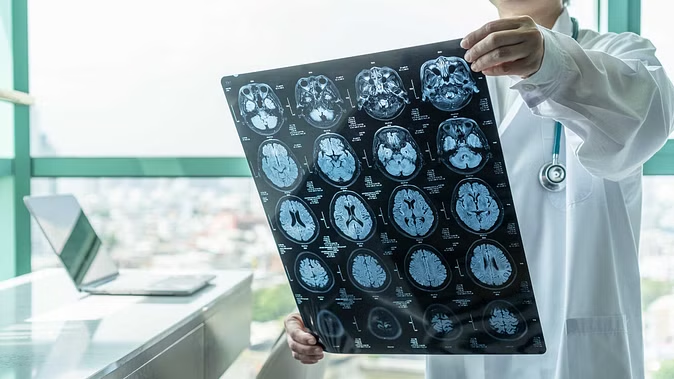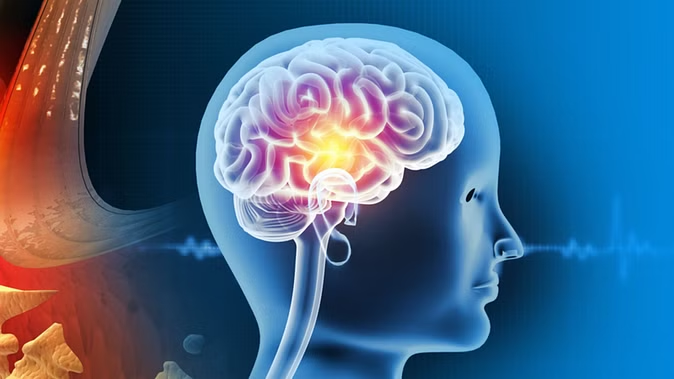The brain controls our entire body. The operation of all the functions in the body, emotional control, as well as which organ has to do what work when all are operated by the brain. For example, the brain can be called the central computer of the body and for the body to function properly, your brain must remain healthy.

However, the researchers said that the risk of brain diseases is increasing with time. People of younger ages are also falling prey to it. Especially after the coronavirus epidemic, cases of brain-related diseases are being seen very much.
Have brain-related disorders increased due to corona? The answer of the researchers is - yes. When the pandemic started in late 2019, doctors did not know much about COVID-19. They did not think that it affects the brain. But over time it became clear that COVID-19 can damage the brain in many ways. Due to this, both neurological and mental problems started being seen.
Corona and brain problems
World Brain Day is celebrated every year on 22 July to raise public awareness of neurological health topics and educate people about keeping the brain healthy. Let us understand how the coronavirus infection has damaged the brain and what kind of problems can be at risk in those who have recovered from it.
In a report published in Time Magazine, experts say that the last four years, especially the time after the coronavirus epidemic, have been the most challenging for the human brain. The damage caused to the brain nerves due to COVID-19 can have an impact for many decades to come.
Risk of many types of brain disorders
A study conducted on COVID-19 and the problems caused to the brain due to it found that COVID-19 has caused long-term changes in our brain. Cognitive problems such as brain fog, mental fatigue, and memory loss persist for a long time after recovering from the infection in many people. Apart from this, it has also been seen to increase neurological and mental health problems.
According to Dr. Wes Ely, a brain dysfunction specialist at Vanderbilt University Medical Center, the coronavirus has damaged blood vessels and supporting cells in the brain of many people, increasing the risk of long-term brain disorders.

Young people are also being seen as victims
Studies show that respiratory infections such as flu can also cause a risk of cognitive problems or dementia. However, this research has not attracted as much attention as Covid-19 has. Age is also an important risk factor for cognitive problems. People between the ages of 30 and 40 are also facing neurocognitive problems and mental health disorders after COVID-19.
What do experts say?
Health experts say that even though the pace of the epidemic is now quite controlled, the damage caused by it has increased the challenges considerably. People who have been diagnosed with brain disorders after corona need to continue receiving treatment.
There is a risk of encephalitis (inflammation of the brain) and due to this confusion, difficulty in concentrating and memory problems are being seen in those infected with coronavirus. Apart from this, it has also been found to trigger psychological disorders like severe depression or anxiety in some people. The effect of these problems can remain on health for a long time.
(PC: ISTOCK)










